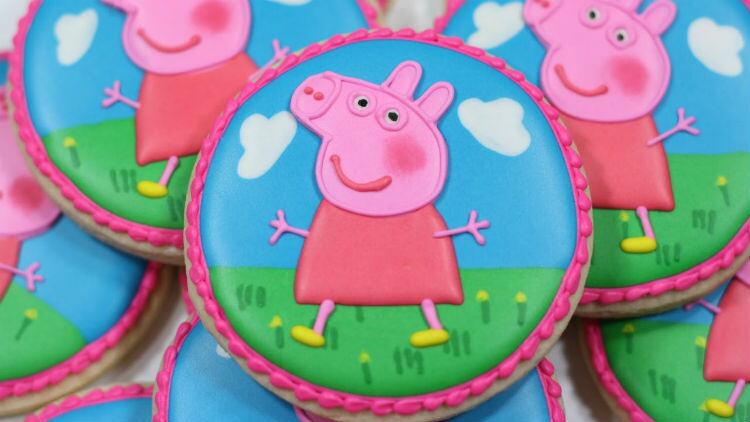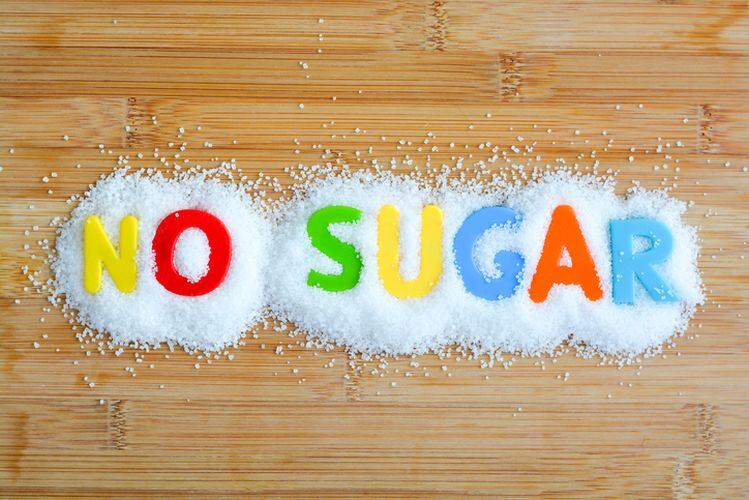In the biggest UK survey of its kind, new research by Action on Sugar and Action on Salt based at Queen Mary University of London, in association with Children’s Food Campaign, has found half (51%) of 526 food and drink products that use cartoon animations on pack to appeal to children are unnecessarily high in fat, saturated fat, sugar and/or salt.
According to the survey, manufacturers and retailers are accused of deliberately manipulating children and parents into purchasing ‘dangerously’ unhealthy products, which can encourage pester power and excessive consumption.
Unhealthy habits
Registered nutritionist Dr Kawther Hashem, Campaign Lead at Action on Sugar based at Queen Mary University of London, said: “It’s shocking that companies are exploiting the health of our children by using cartoon characters on their high sugar food and drink products, particularly on chocolates and sweets, which are already hard to resist for children. Do we really need to entice children to want these products more and pester their parents to buy them? It is time for regulation to curtail the industry’s unhealthy habits.”
Action on Sugar, Action on Salt, Children’s Food Campaign and other organizations are calling for a complete ban in the UK of such marketing tactics on unhealthy products and for compulsory ‘traffic light’ nutrition labelling, giving parents the chance to make healthier choices.
‘If marketing on children’s packaging were to follow the same advertising codes as set by the Committee for Advertising Practices for broadcast advertising, half would fail the eligibility criteria and therefore would not be allowed to be advertised to audiences under the age of 16’, the survey says.
The survey's investigation reveals that over one in five (21%) products used licensed characters (Disney, Peppa Pig and Paw Patrol) that are often well recognized by young children. More than a third (37%) were found on confectionery, chocolate, cakes and ice cream, which are not recommended for regular eating. 'Shockingly, 32 of the 94 products surveyed (34%) using licensed characters have a red label for either fat, saturated fat, sugars and/or salt, classifying them as being unhealthy. Paw Patrol and Peppa Pig were the worst character offenders, with more than half of products (57%) with Paw Patrol and 50% with Peppa Pig imagery being high in fat, salt and/or sugar,' the survey states.
Action on Salt, Action on Sugar and Children’s Food Campaign are calling on this criteria to be extended to all forms of media, and to any program watched by a child, as is currently being discussed in the government’s latest consultation on further advertising restrictions for products high in fat, salt and sugar.
In a Children’s Food Campaign Parents’ Jury survey in 2018, more than 9 in 10 parents said they supported the government bringing in restrictions on the use of child friendly TV and film characters on foods high in fat, salt and sugar. The use of these characters, and associated toys, was the second highest issue of concern for parents in terms of junk food marketing tactics used to target children, after TV advertising.
The survey claims to not only highlight products with extremely high levels of fat, saturated fat, sugars and/or salt, but also comparably healthier alternatives, ‘demonstrating that reformulation is possible’.
About the survey:
The survey looked at 520 products with packaging that would appeal to children, available in all major UK retailers (Aldi, ASDA, Co Op, Iceland, Lidl, Marks & Spencer, Morrisons, Sainsbury’s, Tesco and Waitrose). Product data was collected in store in March 2019, from product packaging using the FoodSwitch Data Collector App, and where not available, captured online from the retailers’ website. Duplicates of the same product with different sizes were removed. Nutritional information was collected for all products, included those with multiple nutrition information panels (i.e. products with different flavours), bringing the total of products with nutrition information to 527.



